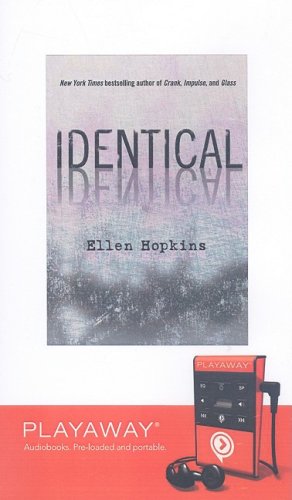

If she has to lose, she will do it on her own terms, so she chooses drugs, alcohol, and sex. All that Raeanne sees is Daddy playing a game of favorites - and she is losing. Behind the facade each sister has her own dark secret, and that's where their differences begin.įor Kaeleigh, she's the misplaced focus of Daddy's love, intended for a mother whose presence on the campaign trail means absence at home. As daughters of a district-court judge father and a politician mother, they are an all-American family - on the surface. (Aug.Kaeleigh and Raeanne are identical down to the dimple. Means something will anticipate the still-breathless climax all others, including most of the target audience, will be shocked. Often, the twins' entries mirror each other, on facing pages: although used differently in the two poems, the same key words are set off in corresponding stanzas (“think./ How/ different/ life./ could be” reads one set of key words). Strategically placed concrete verse includes a poem about revenge shaped like a double-edged sword in another, about jealousy, the lines form one heart reflecting another, until a rupture breaks the symmetry at the bottom. Hopkins's verse is not only lean and sinuous, it also demonstrates a mastery of technique. Brief, gutsy confessions reveal a history of sexual abuse and emotional neglect, and it's not clear that both girls will survive it. We are corpses.” Raeanne seeks escape in sex and drugs Kaileigh binges and cuts herself.

But ever since an accident, “Mom doesn't love anyone./ She is marble. Their father is a prominent judge, their mother is running for Congress, and both girls do well in school. The girls' family appears picture-perfect. ) takes readers on a harrowing ride into the psyches of 16-year-old identical twins Kaeleigh and Raeanne, both of whom are racing toward self-destruction.

Using free verse as her vehicle, Hopkins ( Crank


 0 kommentar(er)
0 kommentar(er)
